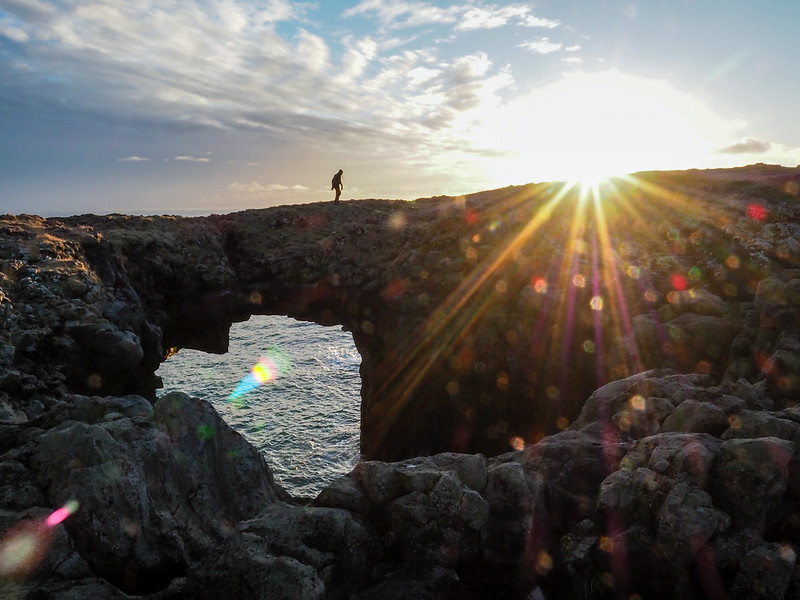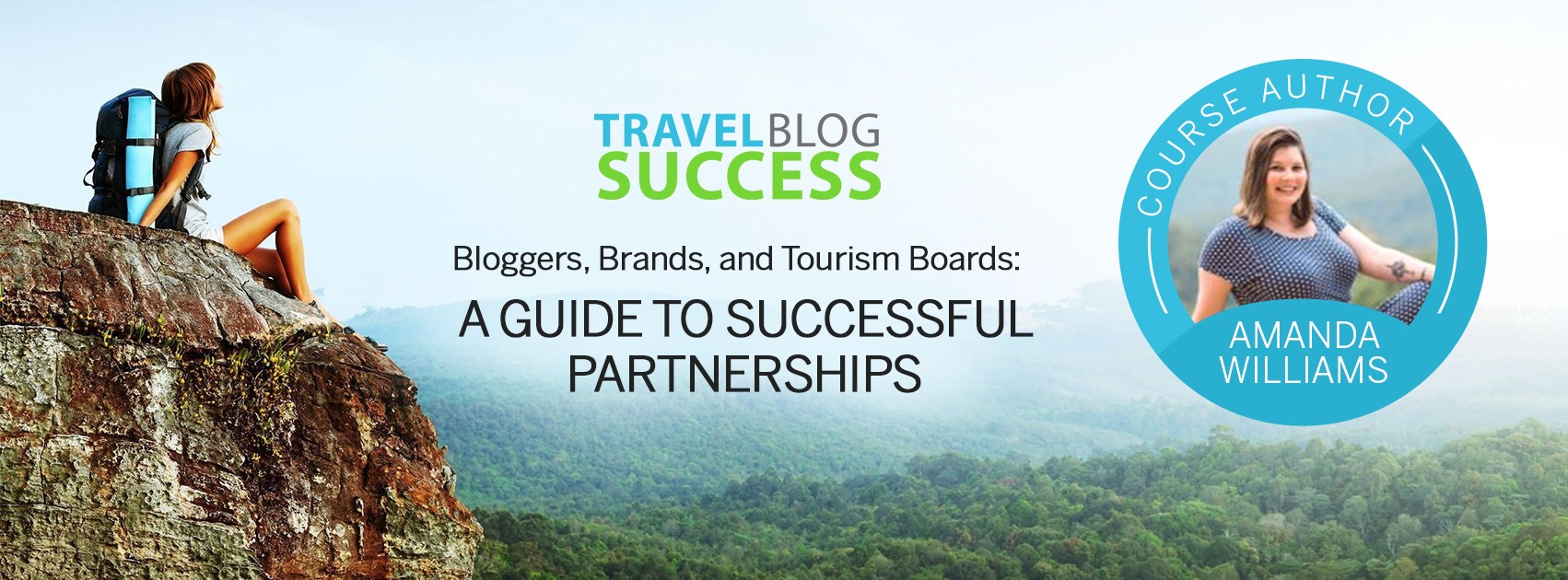The Importance of Doing What You’re Good At

I read a blog post recently by the always awesome Mark Manson called “Screw Finding Your Passion.” The post explains that there's really no such thing as “finding” your passion – you already know what you love doing if you stop to think about it; your passion is already there.
The tricky part is deciding whether to pursue that passion to the point where you make your life revolve around it. For some people, turning a passion into a profession is a natural progression. You see this all the time with writers and photographers and other creative types.
For other people, though, the idea of turning a passion into a job is unrealistic. And, in some cases, it probably is – not every passion is something you can easily make money from.
But that's okay too. As Manson writes, “Who says you need to make money doing what you love? … Really, what is so wrong with working an OK normal job with some cool people you like, and then pursuing your passion in your free time on the side?”
And he's right, of course. Not everyone can turn their passion into a career. And even if you do, you're not going to love it 100% of the time. The problem with turning your passion into work is that it often ends up feeling like… well, work!
Traveling is my passion. And so is writing about it. But, over the past couple of years, I've struggled with turning those passions into a viable career. The pay is inconsistent, and it gets stressful always hustling for that next paycheck. It's part of the reason why I ended up NOT quitting my job to travel full-time.
However, having said all of this, I've also learned that it's often impossible to keep your passion from seeping into your work.
My mind is always swirling around travel, whether I'm writing a blog post about New Mexico or putting together a webinar about social media. It's a part of me now.
So lately I've begun thinking that maybe the advice shouldn't be to “follow your passion” (or, conversely, to “get a real job”), but rather should be to embrace the things you're good at.
Many times, the things we're good at ARE our passions. Other times, they're not. But by identifying what we're good at, it becomes a hell of a lot easier to build a life around both the things we love and the things we do really well. It's all about balance.
When I was younger, I would always tell people that I wanted to be a teacher when I grew up. I was convinced that I was going to teach art or English or maybe history. But then I got older and I realized two things: 1.) while I loved sharing knowledge, I couldn't imagine being told what to teach; and 2.) I kind of couldn't stand kids, and knew I didn't want to deal with hormonal teenagers, either.
As so my dreams of teaching ended.
Teaching was never my passion like writing and travel, but it was always something I thought I would be good at.
And, indeed, over the past couple of years, I've had the chance to test my teaching chops, first in graduate school and then with my most recent job with Edgar, where I created and presented educational webinars about social media. And guess what? I DID kind of love it. And, more importantly, I was pretty good at it.
It got me thinking. Here was this thing I was good at that already WAS a profession. And, while I didn't want to go out and start apply for teaching jobs, maybe there was a way to meld it together with my passion in order to create some sort of awesome combo.
Enter Travel Blog Success.
I've been a member and fan of TBS for a while – it's one of the best communities for budding travel bloggers out there. But, going through their course offerings, I realized that there was little offered beyond the basics. Which is fine when you're just starting out, of course. But, after a year or two of travel blogging, there are other things you start to get curious about – like how to work with destinations and brands, get invited on press trips, and even get paid to travel.
And so on a whim I pitched the idea to develop an online course focused around partnerships – how to prepare for them, how to pitch them, and how to follow through on them. Surprisingly, they loved it, and the course just went on sale this week.
I never imagined when I started blogging that one day I would be teaching others to do what I've done. But, when I think about it, it makes perfect sense. I'm good at teaching and passionate about traveling and blogging. Melding them both together is the perfect balance for me.
If you're a travel blogger interested in working with travel brands and destinations, now is the time to check out Bloggers, Brands, and Tourism Boards: A Guide to Successful Partnerships. It consists of 23 lessons, four expert interviews, and worksheets covering everything from developing and pitching ideas to delivering and following up on effective campaigns.
Topics covered include:
- Best practices for working with brands and destinations
- How to create a media kit (it’s easier than you think!)
- Crafting the perfect pitch letter (with several real world examples)
- Social campaigns (including three Instagram case studies)
- How to ask for money
- And much more
The course will normally sell for $197, but is more than 50% for this first week. Buy before 11p.m. EST on Friday, November 20, and you can get it for just $97.
This is my story of paying attention to what I'm good at and trying to mesh it with what I'm passionate about – hopefully it inspires you to think about how you might do the same!
What are you good at? What are you passionate about? Do you think the two can ever combine?

Amanda Williams is the award-winning blogger behind A Dangerous Business Travel Blog. She has traveled to more than 60 countries on 6 continents from her home base in Ohio, specializing in experiential and thoughtful travel through the US, Europe, and rest of the world. Amanda only shares tips based on her personal experiences and places she's actually traveled!
















You’re so right, and this is something I’ve been thinking about recently as well. Freelancing is great, but I don’t know if I can imagine constantly hustling for the next 30 or 40 years and always wondering how much money I’ll have that month!
There’s definitely something to be said of being your own boss and making your own hours. But I personally need some balance and stability, too – I need to at least have *some* idea of how much money I’m going to make each month!